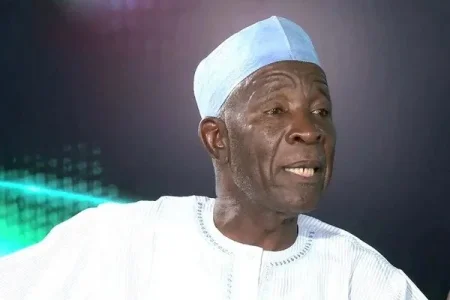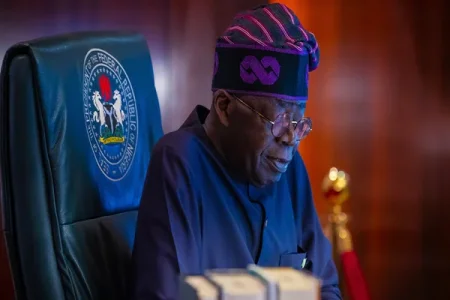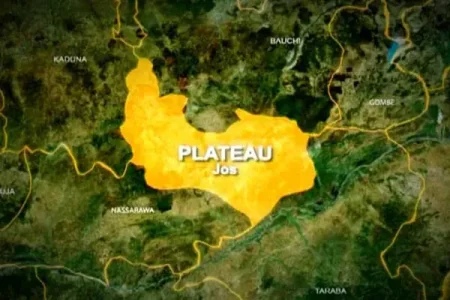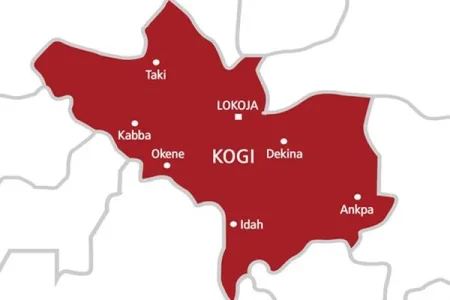
Buba Galadima, a notable Nigerian politician, revealed his close friendship with President Bola Tinubu, sharing that Tinubu helped secure a job for his daughter. The disclosure has stirred debate over political patronage in Nigeria, raising questions about favoritism, meritocracy, and the fairness of public appointments under Tinubu’s administration.
Abuja — In a surprising revelation, Buba Galadima, a prominent Nigerian politician, has confirmed his close friendship with President Bola Tinubu, highlighting the personal bond between the two and the role the president played in securing a job for his daughter.
Speaking during a recent interview, Galadima, a key figure in Nigerian politics and former ally of the late General Muhammadu Buhari, described Tinubu as a “friend” who had been instrumental in helping his daughter find employment. Galadima shared that the president’s intervention was key to his daughter’s career advancement, reflecting their strong personal and political ties.
While the revelation may seem innocent, it has already sparked discussions about the role of political patronage in Nigeria, with some critics questioning the ethics of such familial favoritism. However, Galadima defended the move, arguing that it was a natural part of his relationship with Tinubu and that his daughter had earned the position through merit, despite any potential public perception of nepotism.
“The president has been a good friend to me and my family,” Galadima stated. “He helped my daughter, but I assure you, she earned the job on her own merits.”
Political analysts, however, caution that this revelation could fuel concerns about the influence of political networks and the fairness of public appointments in the country. “This is not the first time such stories have emerged, but it raises important questions about whether the same opportunities are available to those without political connections,” said Dr. Yemi Akinlade, a political analyst in Abuja.
This disclosure has reignited debates around political patronage and favoritism within the ranks of Nigerian leadership, with some suggesting that these practices often undermine public trust and contribute to the erosion of meritocracy in governance.




